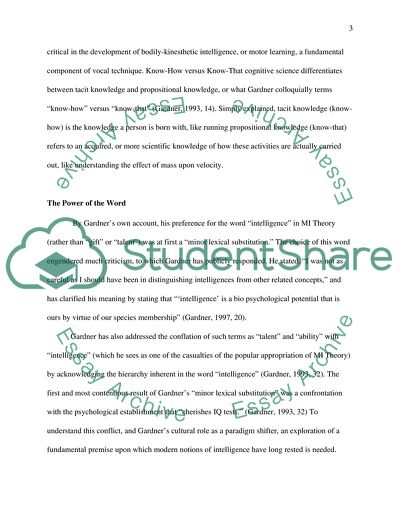Cite this document
(“Gardner Intelligence paper Research Example | Topics and Well Written Essays - 1000 words”, n.d.)
Gardner Intelligence paper Research Example | Topics and Well Written Essays - 1000 words. Retrieved from https://studentshare.org/psychology/1590739-gardner-intelligence-paper
Gardner Intelligence paper Research Example | Topics and Well Written Essays - 1000 words. Retrieved from https://studentshare.org/psychology/1590739-gardner-intelligence-paper
(Gardner Intelligence Paper Research Example | Topics and Well Written Essays - 1000 Words)
Gardner Intelligence Paper Research Example | Topics and Well Written Essays - 1000 Words. https://studentshare.org/psychology/1590739-gardner-intelligence-paper.
Gardner Intelligence Paper Research Example | Topics and Well Written Essays - 1000 Words. https://studentshare.org/psychology/1590739-gardner-intelligence-paper.
“Gardner Intelligence Paper Research Example | Topics and Well Written Essays - 1000 Words”, n.d. https://studentshare.org/psychology/1590739-gardner-intelligence-paper.


